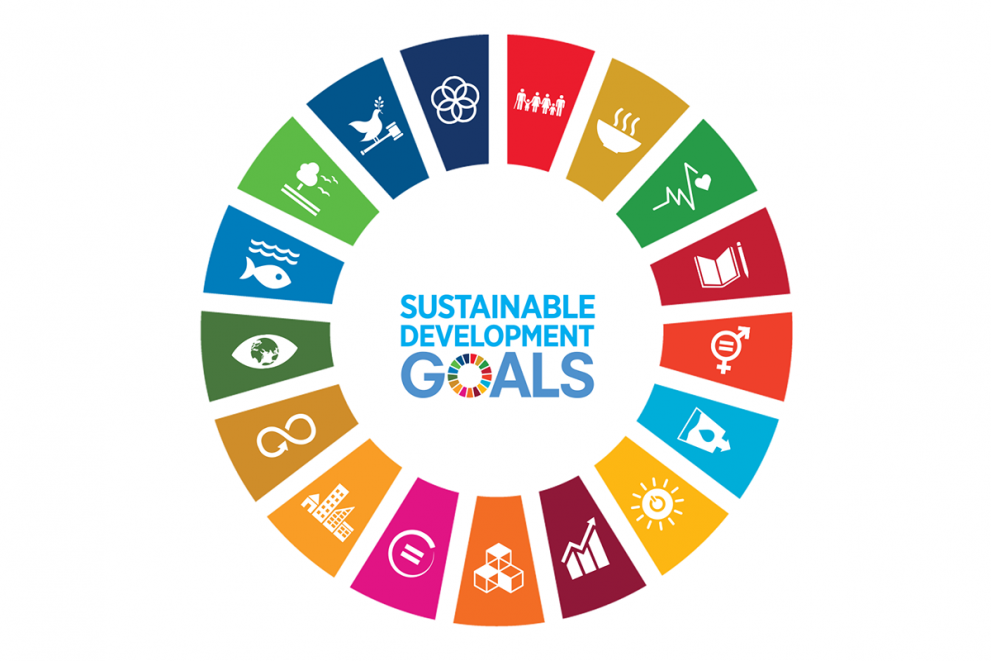-

SDGs, Precarity and Literary Studies
Live program on the sustainable development goals, literature and precarity 1-6 July!
-
Postdoc in Oulu now!
Dear Colleagues, A friendly reminder that the call for our three-year postdoc position at the University of Oulu closes tonight, 29 January at 11:59pm Finnish time. The postdoc will […]
-
Ungdomar sätter agendan för samtal om klimatet
Välkommen på seminarium om forskningskommunikation! “För unga är hopp ett hårt arbete” Samtal om forskningskommunikation, medborgarhumaniora och konst som metod för integrativt lärande. Hur pratar […]